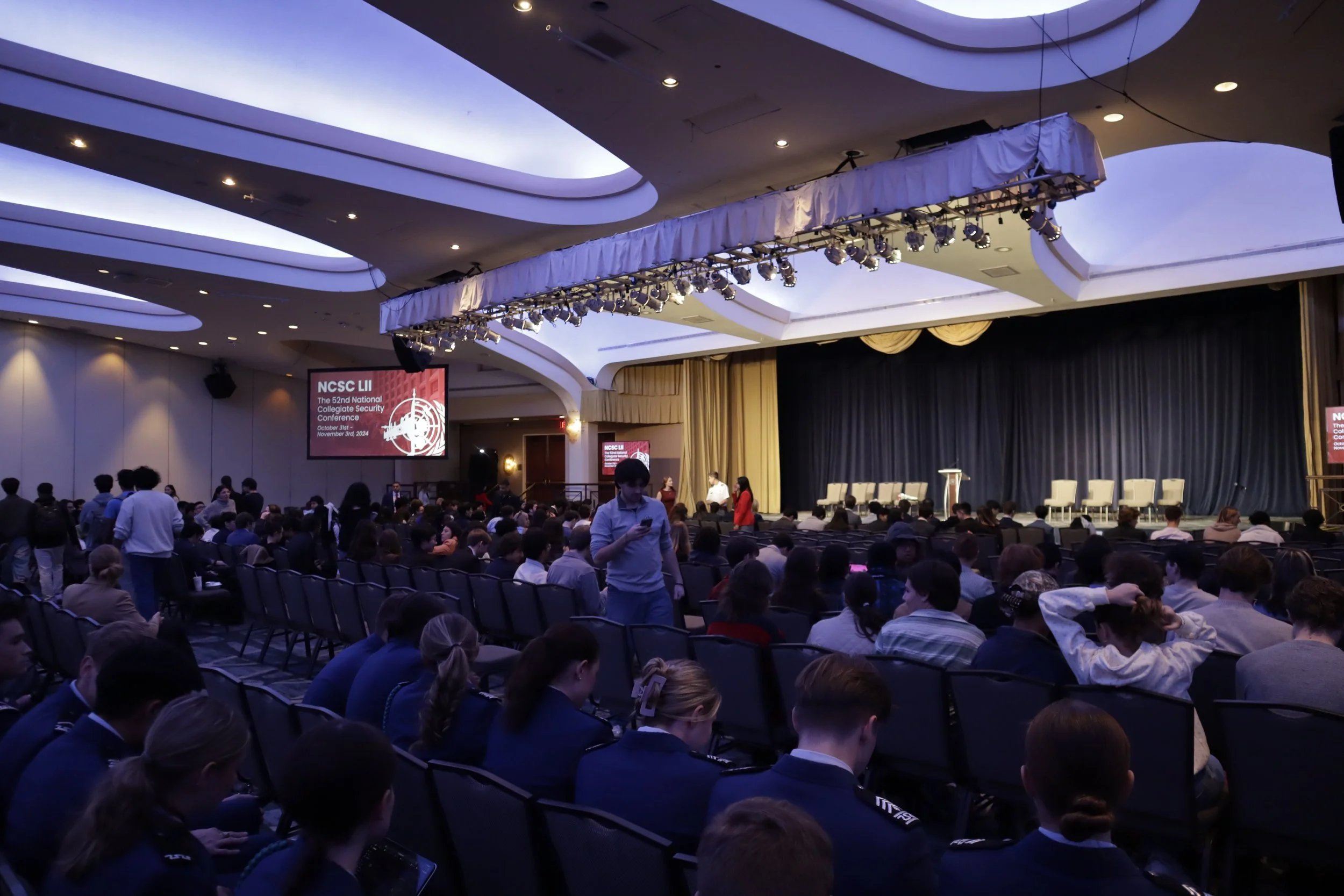
Keynote Speaker
MATTHEW REYNOLDS
Regional Representative of the UN Refugee Agency for the United States of America
and the Caribbean
Matthew Reynolds is the Representative of the United Nations High Commissioner for Refugees (UNHCR) to the United States and the Northern Caribbean region. His distinguished career includes more than 40 years in government service, humanitarian response, oversight and management.
Before joining UNHCR in 2017, Mr. Reynolds served as the North America Representative for the United Nations Relief and Works Agency for Palestine Refugees in the Near East and intermittently as the Agency’s Chief of Staff.
Earlier in his career, Mr. Reynolds served as U.S. Assistant Secretary of State for Legislative Affairs through January 20, 2009. In this capacity he was the principal congressional advisor to Secretary of State Condoleezza Rice and directed all State Department relations and operations with the U.S. Congress and received the State Department’s Superior Honor Award for Service.
Mr. Reynolds spent 17 years in numerous senior positions in both the U.S. House of Representatives and the U.S. Senate. He was the Staff Director of the powerful House Rules Committee and professional staff on both the Senate Foreign Relations and House Foreign Affairs Committees where he was instrumental in drafting and enacting major foreign assistance and trade legislation.
A native of Massachusetts, Mr. Reynolds spent much of his childhood in India and Lebanon, where he remains connected as a trustee of International College in Beirut. A graduate of the Georgetown University School of Foreign Service, Mr. Reynolds is also a Senior Congressional Fellow at the Stennis Center for Public Service.
The Office of the United Nations High Commissioner for Refugees (UNHCR) was established on December 14, 1950, by the United Nations General Assembly. The agency is mandated to lead and co-ordinate international action to protect refugees and resolve refugee problems worldwide.

